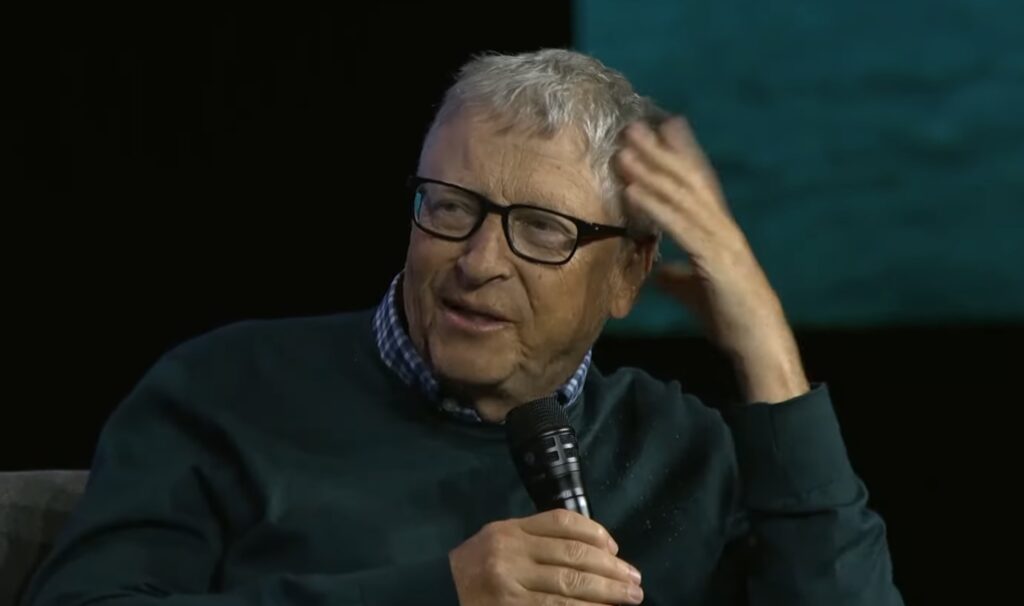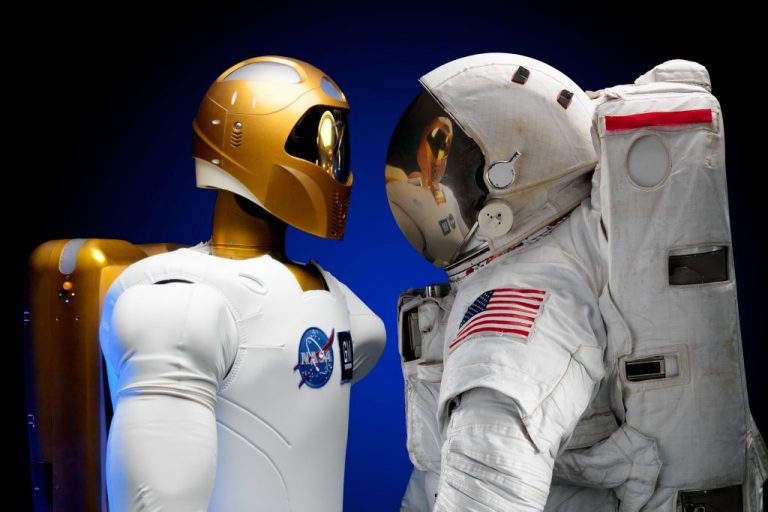Bill Gates Predicts AI Will Revolutionize Children’s Literacy Education in Just 18 Months
Bill Gates: AI to Revolutionize Literacy Education in 18 Months
According to Microsoft co-founder Bill Gates, AI chatbots could play a significant role in enhancing children’s reading and writing abilities in the next 18 months. During a dialogue at the ASU+GSV Summit held in San Diego, Gates asserted that AI technology will evolve to match the qualities of a human tutor.
Chatbots such as OpenAI’s ChatGPT and Google’s Bard have seen rapid advancements and now demonstrate the capability to perform at human-level intelligence on various standardized assessments. Teaching writing has typically posed challenges for machines, given their inability to emulate human thought patterns. However, Gates noted that AI chatbots can now recognize and generate human-like language.
In fact, tech columnist Kevin Roose from The New York Times has utilized ChatGPT to enhance his writing, leveraging the AI’s swift access to online style references. Additionally, several academics have praised these chatbots for their ability to summarize text, provide feedback, and even compose full essays.
Despite these achievements, Gates emphasized that further improvements to the technology are essential before it can serve effectively as a tutor. He believes that AI needs to develop better reading and language recreation capabilities to engage students more effectively. Interestingly, while one might expect chatbots to excel in mathematics first, these systems face significant hurdles when it comes to numerical calculations.
AI can deliver answers to previously solved equations found within its training datasets, but independently solving mathematical problems is a more complex task requiring enhanced reasoning skills, as explained by Gates. He is optimistic that advancements in technology will occur over the next two years, potentially making personal tutoring more accessible to a broader range of students who might not afford traditional lessons.
While some free chatbot options are available, Gates predicts that more sophisticated versions will emerge for a fee, yet he believes these will be reasonably priced compared to private human tutors. For those interested in delving deeper into AI and big data insights from industry professionals, events like the AI & Big Data Expo in Amsterdam, California, and London are good opportunities to explore.
A staggering 80% of AI projects fail to make it to the production stage. This phenomenon, referred to as the “AI execution gap,” reflects a significant hurdle that many businesses encounter when attempting to integrate artificial intelligence into their operations. Numerous factors contribute to this gap, such as lack of skilled personnel, inadequate data management, and unclear objectives.
The execution gap is not just a technical challenge but also a strategic one. Companies often invest heavily in AI technology without a well-defined roadmap, leading to wasted resources and missed opportunities. Effective implementation rituals, including clear goals and ongoing training, are crucial to bridge this divide and ensure successful AI deployment.
In a groundbreaking move, educators in England have received approval to incorporate AI tools into their teaching practices. This initiative aims to enhance learning experiences and foster innovative educational methods. By leveraging AI, teachers hope to tailor their approaches to meet diverse student needs effectively.
Artificial intelligence is reshaping the landscape of the cryptocurrency market. From predictive analytics to fraud detection, AI technologies are becoming indispensable tools for traders and investors. The ability of AI to process vast amounts of data in real-time is giving users a competitive edge, leading to more informed decision-making.
Sam Altman, the CEO of OpenAI, asserts that we have entered an era characterized by superintelligent systems. This evolution of AI presents unparalleled opportunities and challenges. Altman emphasizes the need for careful consideration of the ethical implications and responsibilities that come with such powerful technology to ensure it benefits humanity as a whole.
For more insights and updates on technology and AI advancements, join our community.
AGI, Artificial Intelligence, Companies, Development, Ethics & Society – An exploration of Sam Altman’s insights on the era of superintelligence.
Applications, Artificial Intelligence, Chatbots, Companies – Magistral and Mistral AI’s innovative reasoning model presents a challenge to major tech companies.
AI Challenges Big Tech with Reasoning Model
Artificial Intelligence is continuously evolving, and its influence on major technology corporations is becoming increasingly significant. This dynamic is predominantly driven by advancements in reasoning models, which present both new opportunities and complex challenges for big tech firms.
The AI Blockchain: What Is It Really?
As AI technology integrates with blockchain, a transformative combination emerges. This fusion promises enhanced security and transparency for data management, paving the way for more trusted AI applications. However, understanding the underlying mechanics and practical implications of the AI blockchain is essential for harnessing its full potential.
While the promise of AI and blockchain is vast, it is crucial to examine the ethical implications and societal impacts of their convergence. Stakeholders in the tech industry must navigate these challenges responsibly to ensure sustainable and equitable advancements in this exciting technological frontier.








